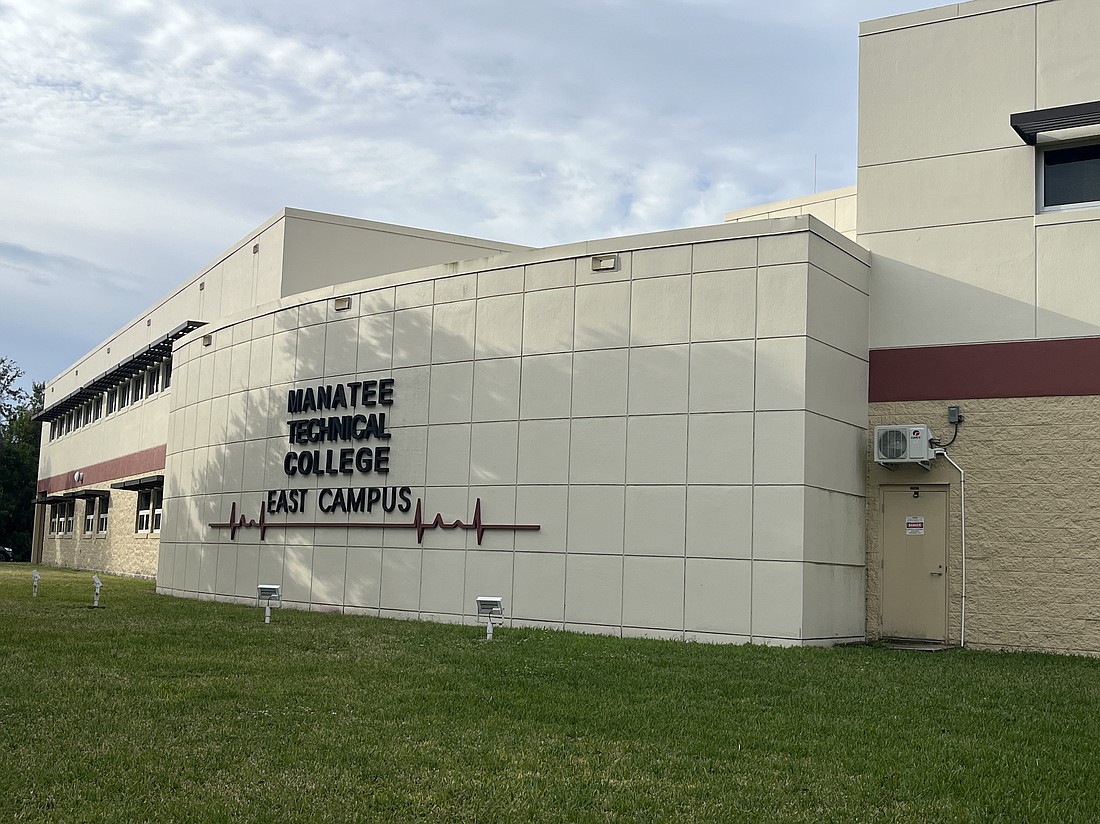- July 26, 2024
-
-
Loading

Loading

As students with disabilities graduate from high school in Manatee County, they will have a new option to help them prepare for life after graduation and to help them jumpstart their careers.
Manatee Technical College has been approved to participate in the Florida Postsecondary Comprehensive Transition Program Act through a $1.1 million grant from the Florida Center for Students with Unique Abilities.
The act was established in 2016 as a way to “increase independent living, inclusive and experiential postsecondary education, and employment opportunities for students with intellectual disabilities.”
The grant will allow MTC to develop the Empower, Develop, Grow and Educate Program to offer instruction to assist students in personal development, career exploration, workplace skills and job placement.
Paul Gansemer, the executive director of adult, career and technical education for the School District of Manatee County, said he’s received many phone calls from parents of students with disabilities questioning what opportunities are available to further educate their student and start a career with more independence.
“We’re all excited about it because it’s a piece of the puzzle that was missing,” he said.
Gansemer said the program will come in two stages, with the first cohort of students beginning in August.
The first group enrolled will consist of 10 students to ensure all the students’ needs can be met as the program launches.
Gansemer said the first stage of the program offers classes on life skills in which students will go to MTC’s east campus for five hours per day, five days per week for a year. Students will learn about cooking, cleaning, finances, computer programs and more. They will be able to earn certifications including CPR, first aid, and certifications in Word, Excel and Outlook.
Through the first phase, Gansemer said students will be able to learn about and experience the various programs they can enroll in at MTC.
“It’s really to help them find a career path that they can be in our community, they can be proud of the skills they have to know they are able to obtain a job and be a part of our community and make a paycheck,” Gansemer said.
The second phase prepares the students to jumpstart their careers. Students might be placed with jobs with support from local partnerships with businesses. Other students might pursue a certification through a program at MTC.
If students choose to enroll in a program at MTC, the EDGE Program will provide a teacher aid or paraprofessional to assist the student within the program.
“They will serve as a resource for the student in the classroom because that student will be in a classroom with traditional students and that student with unique abilities might need some extra time or help,” Gansemer said.
The $1.1 million grant the state provided will support the EDGE program for three-and-a-half years.
Gansemer said the first step in launching the program will be finding a coordinator, who is expected to be hired by mid-February.
The goal is to have enrollment start in the spring so students and families can prepare for classes to begin in August.
The coordinator will determine the qualifications for students to be able to enroll.
The coordinator also will be able to develop partnerships with other organizations and educational institutions throughout the state to provide various opportunities for students to meet their needs and desires, especially when it comes to job placement and career paths.
Knowing there are nonprofits and educational institutions that provide resources for students with disabilities post-graduation, Gansemer said the district’s goal is to provide more resources for students rather than compete with those already existing programs and resources.
“One of the things we can do is if the students want to do something we don’t offer, we can help them connect with the other programs around the state,” he said.
The EDGE program will eventually charge tuition, with scholarships available, Gansemer said.